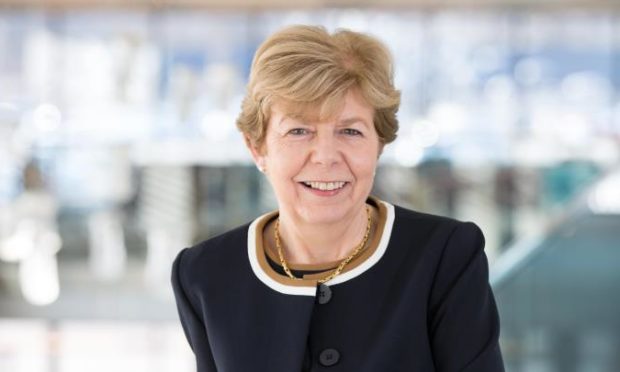Space age technology and money will be used to help people living with diabetes in remote parts of the Highlands and Islands receive specialist help online.
The European Space Agency (ESA) is helping fund a new project that will trial the use of satellites to improve virtual consultations in areas of the region with poor connectivity.
It will allow remote discussions between rural patients suffering from with diabetes-related foot ulcers and specialists based in Inverness.
There are nearly 19,000 people with diabetes in Highland region and some can travel up to 200 miles for specialist services.
In all, 17% of hospital admissions are related to diabetes complications, with diabetic foot ulceration – 80% of which is regarded as preventable – the most common cause of admission. This accounts for up to £80 million per year of the health budget in Scotland.
Dispersed populations, increasing centralisation of health services and limited public transport present significant issues in accessing services. It is estimated that 100,000 island residents travel more than 3 million miles for health care and 20,000 people in the Caithness area make 80,000 trips for specialist care.
The foot project is part of the Connected Health Project which involves NHS teams in Highland and Cornwall as well as the University of the Highlands and Islands, University of Aberdeen and the University of Falmouth. Industry partners include the Goonhilly Earth Station in Cornwall.
The University of the Highlands and Islands will receive £73,596 from the ESA to help implement and evaluate the year-long project which aims to improve the healing of foot ulcers and reduce amputations through regular consultations.
Professor Sandra MacRury, professor of clinical diabetes and head of rural health and wellbeing at the University of the Highlands and Islands, said the new project, starting in January, will look at extending this in areas of poor connectivity, including the north Highlands and parts of Argyll and Bute.
She said: “One of the big issues we have in the Highlands is connectivity. This project will examine how we can overcome barriers in these remote places and help with equity of care.
“It’s a big thing for all of us to try to give people in these remote areas the same quality of care they would get in more urban areas.”
